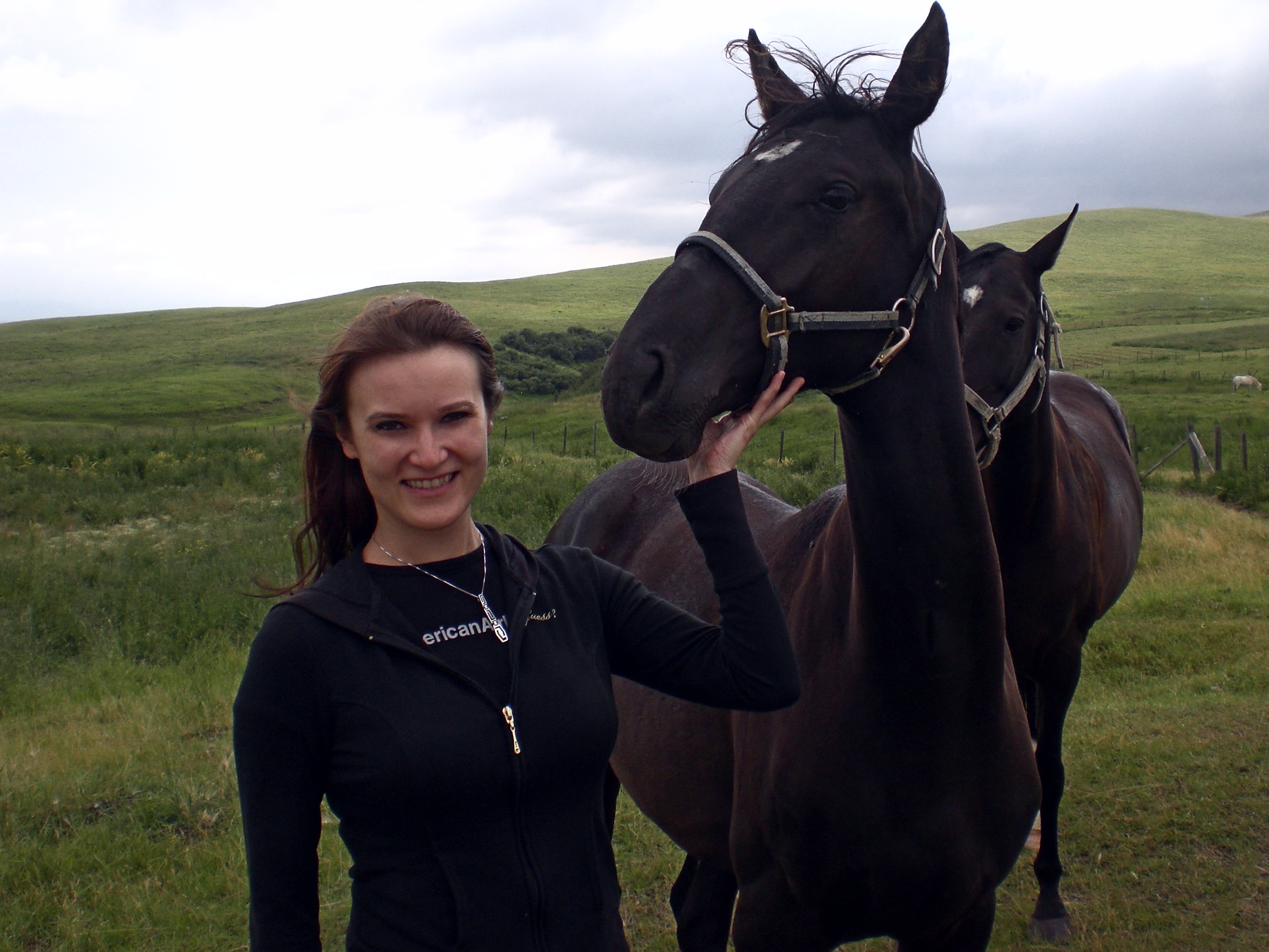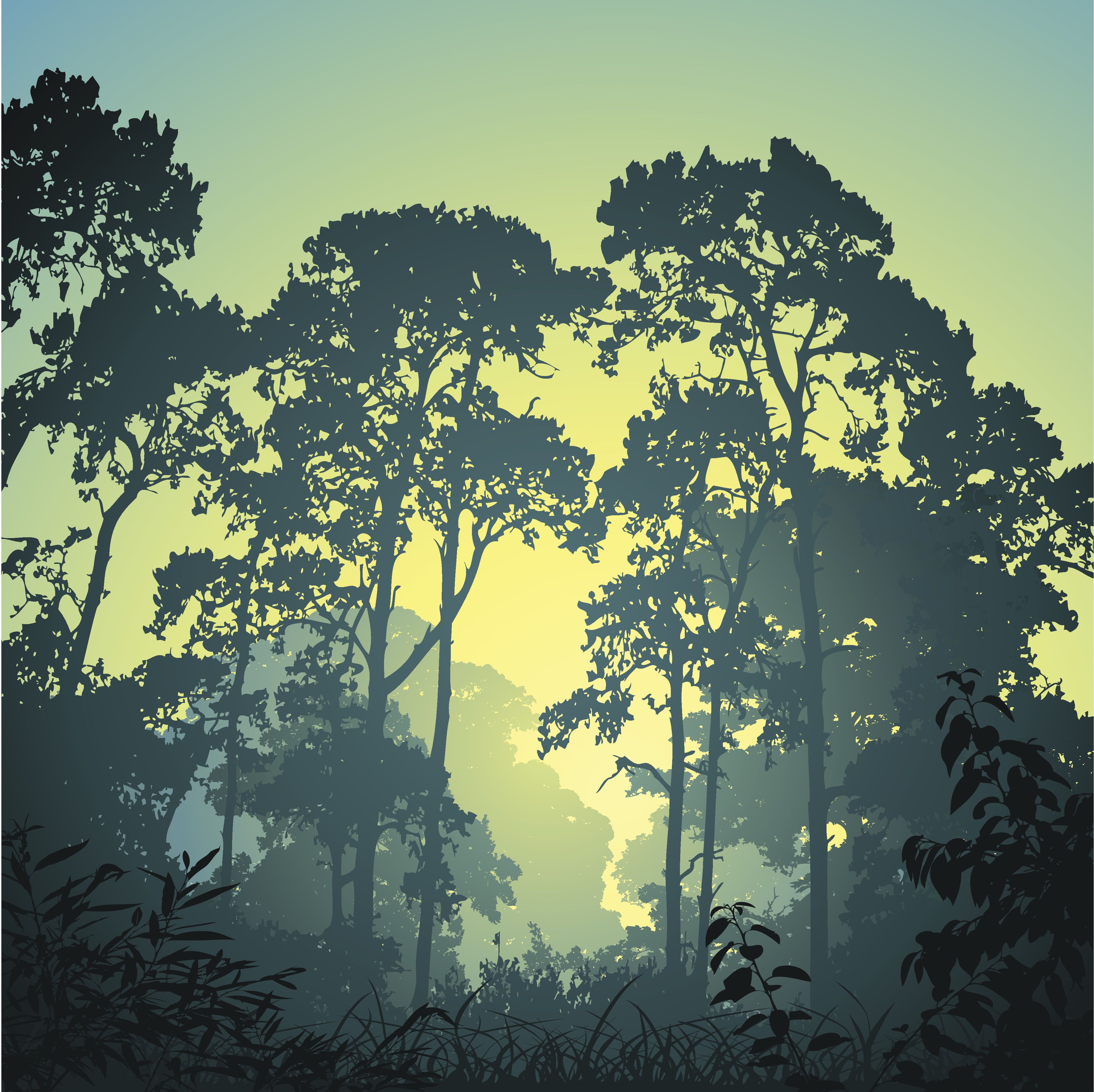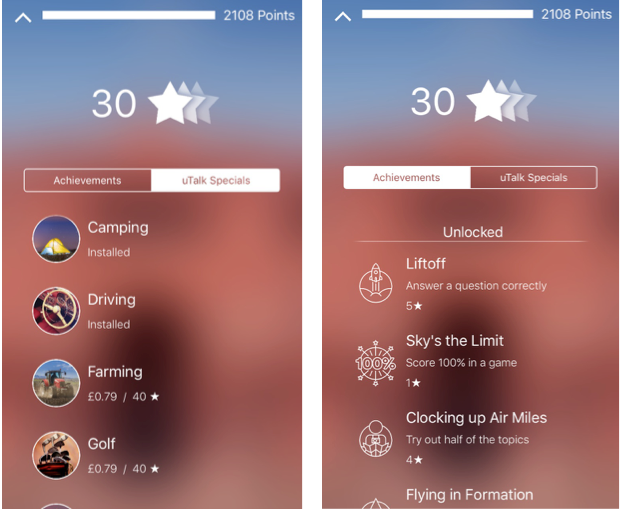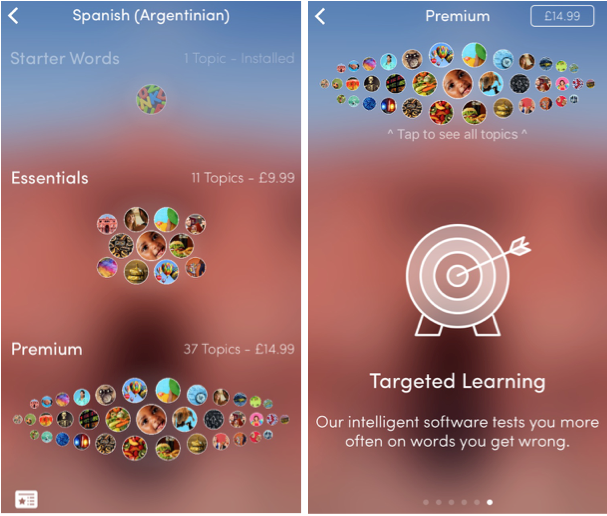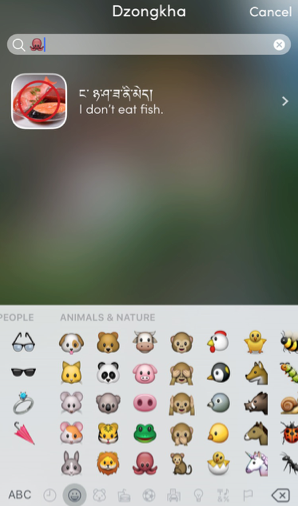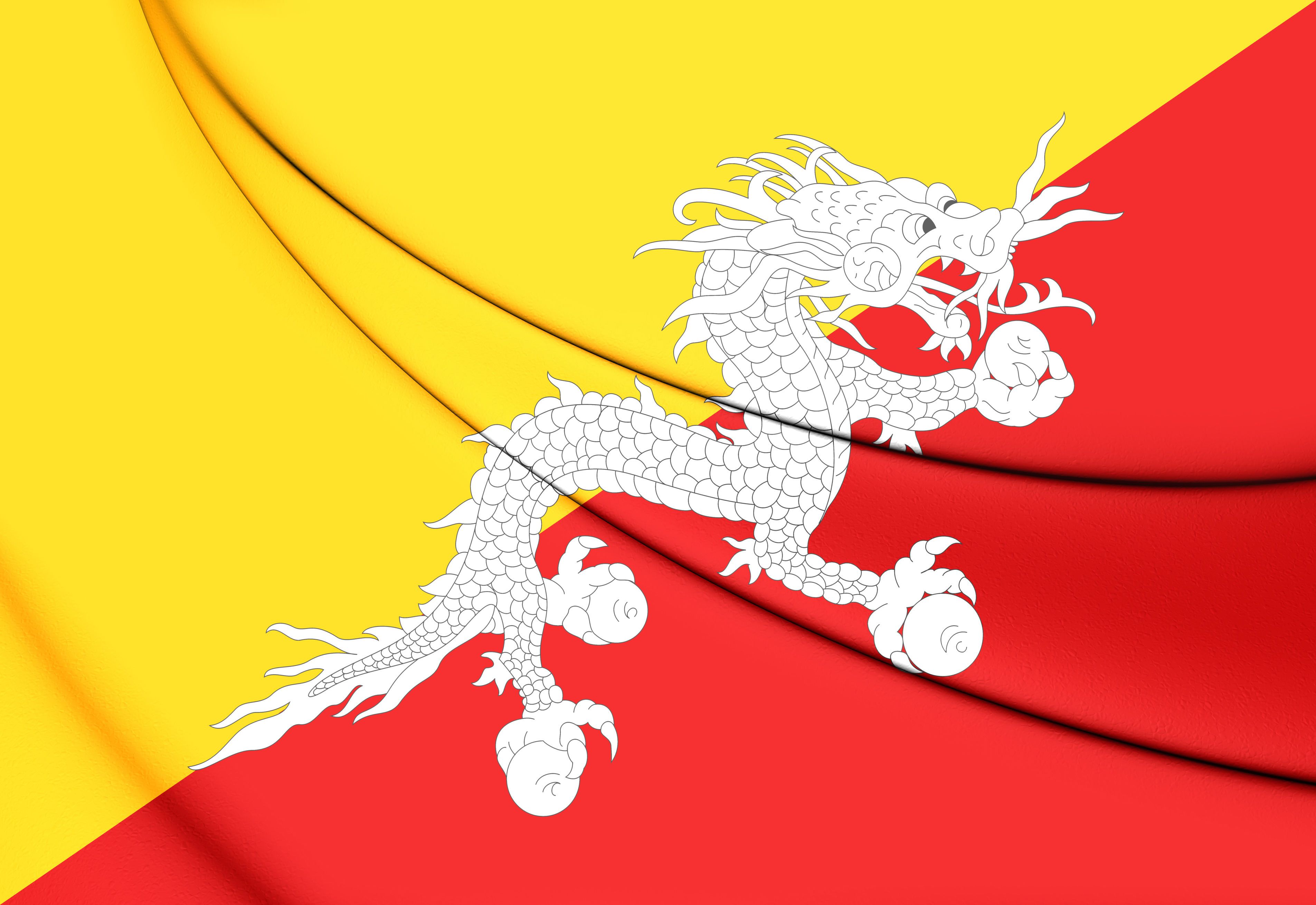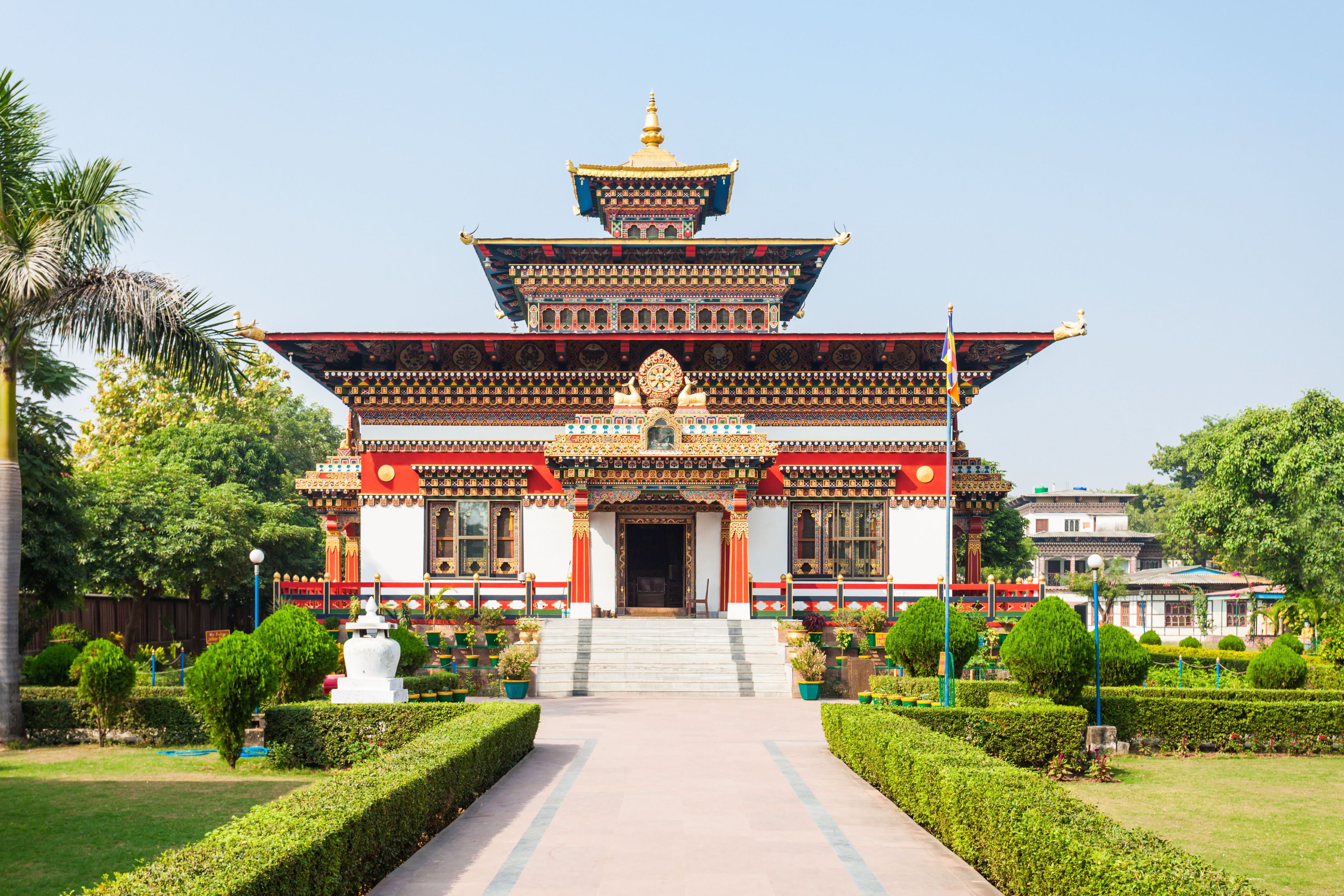The Jungle Book’s taught you some Hindi without you realising…
The majority of us have seen The Jungle Book or at least can hum along to ‘The Bare Necessities’. And we are super excited about the release of the new Jungle Book adaptation, so we thought we would find out how Rudyard Kipling came up with all of the animals’ names.
As the film is set in India, many of the names are based on the Hindi translation of the animal themselves. For example ‘Baloo’ is based on the Hindi word Bhãlū which means bear. Bears represented the idea of protection, courage and physical strength. The bear showed authority and was seen as a good omen and arguably Baloo is Mowgli’s main carer. Similarly, Bagheera is almost the same word as Baghirā which means black Indian leopard. This is the same with Hathi, which is the exact word for elephant in Hindi.
Kipling also used influences from Persian and Arabic, with the tiger’s name ‘Shere Khan’. The word for tiger in Persian is just ‘Shere’ which is followed by the Arabic word for lord ‘Khan’. Kipling surrounded Mowgli with animals that all represented strong and powerful companions. All of the animals that looked after Mowgli were given characteristics, which made them ideal for looking after the young boy.
Despite this, the main characte, Mowgli’s name hasn’t come from Hindi or any other Indian language. At times he is named ‘the frog’ due to his lack of ‘fur’ and inability to sit still, or ‘man cub’ by the wolves that raise him, but his name doesn’t actually translate into anything; Rudyard Kipling made it up. Kipling also stated that Mowgli is meant to be pronounced, mow-gli, with the ‘mow’ rhyming with ‘cow’.
The influence of Hindi and other Indian languages in The Jungle Book comes from Kipling’s upbringing in India. He was born there before moving to England to be educated when he was 5, and once he’d completed his education he returned to India. The book is based on the Indian jungle ‘Seonee’ (now known as seoni) however, he had never actually visited this place. Kipling actually used stories from his friends to set the scene of the jungle. Maybe his friends told him about the singing bear in the jungle…
Stars and Specials: what’s new in uTalk
Our small office has been very busy recently preparing a big new update to uTalk, and we’re very happy to finally share it with you! Some of you may have already tried it – if you have we’d love to hear what you think.
So what’s new?
Stars and Specials
Stars are the biggest change within the new features, and it’s safe to say we’re all pretty excited about them! With the Stars, the more you play the more you get, so they’re basically in-game coins. By earning stars and achievements you can then buy additional topics or what we call uTalk Specials. These are extra topics that you may find helpful in various situations such as Camping, Driving, Sailing and many others.
Dashboard
We’ve introduced the Score Dashboard where you can see your points, your stars, uTalk Specials and Achievements. These are designed to keep you motivated; every time you get past a small milestone (like getting 30 correct answers in a row or try out half of the topics), we’ll reward you with stars that can be used to buy the uTalk Specials.
New-look store
The store inside the app where you can purchase extra topics has a brand new look too, which we think is nice to play with. We’ve added beautiful imagery and interactive descriptions of how the app features will help you learn, so you always know exactly what you’re getting.
Instant Search
Something that’s not new but always helpful to have is the search bar at the top of the screen that you can use to search for words when you’re in a rush. Plus, you can search with emojis too!
The uTalk app is free to download for iPhone and iPad, and you can try any of the languages for free with our Starter Pack. We’d love to hear from you so please get in touch at info@eurotalk.com or even better, if you love the update, leave us a review on the App Store and we’ll be your friends for life 🙂
Welcome to Bhutan! William and Kate’s guide to the local language
Bhutan, known as the ‘Land of the Thunder Dragon’, only opened up to visitors in the 1970s, which means the tour of India and Bhutan the Duke and Duchess of Cambridge are going on, is a very special trip! The country is still relatively unexplored by outsiders and holds some lovely traditions, like their measure of national happiness instead of GDP.
The national language of Bhutan is Dzongkha, which we have released on uTalk just in time for the royal visit. The language stems from the old-Tibetan language and uses a Tibetan alphabet. As it’s the Royals’ first time in Bhutan, here are some phrases they may find useful whilst they’re there!
Kate and Will arrive in Bhutan on 14th April and will be welcomed by a traditional ceremony at the Buddhist monastery Thimpu Dzong. So here are some phrases in Dzongkha that they could use:
It’s a pleasure to meet you – Chhoe Dang Chhe Dey Ga Tro Jung Yi
Welcome – Joen Pa Lekso
Monastery – Goen Pa
Dress – Mo Gho
They will also be meeting the King of Bhutan, Jigme Khesar Namgyel Wangchuck, and his wife Queen Jetsun Pema. Queen Jetsun gave birth to a baby boy in February so a good word for the Royal Couple to know may be alu (baby) or chhom (gift).
On their second day in Bhutan William and Kate will be hiking for up to 6 hours to Paro Taktsang, which is the Tiger’s Nest monastery, and will also attend a reception for British Nationals. They may want to use the phrases:
Hiking pole – Lam Doel Gi Kharw
Insect repellant – Bub Kag Ni Men
Is there any phone reception nearby? – Na Phar Tshor Druel Thrin Gi Gyue Lam Ga Tay Yoe Ga?
During their stay in Bhutan they may try some of the local cuisine, which is known to be quite spicy! These may be the most essential phrases to know:
Delicious – Zhim Tong Tong
Not too spicy please – Naa May Sa May Kha Ma Tsha Mi Chi La
What phrases do you think the Royal Couple need to know for their trip to Bhutan? You can find more Dzongkha phrases in our uTalk app.
